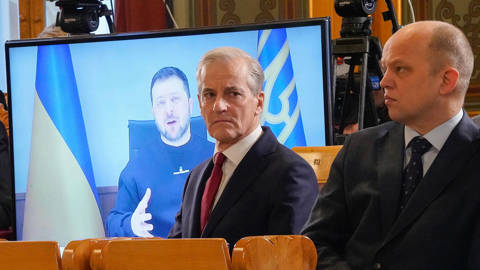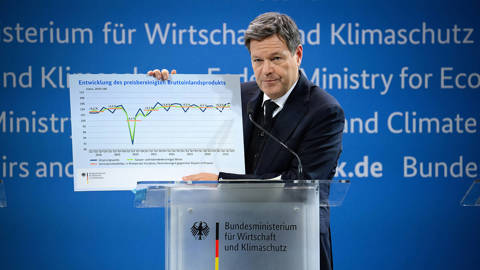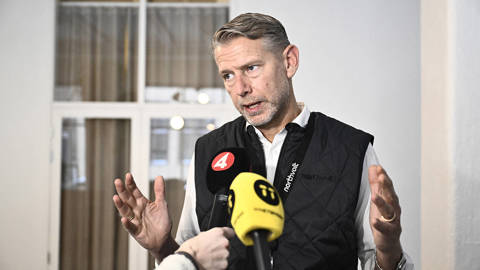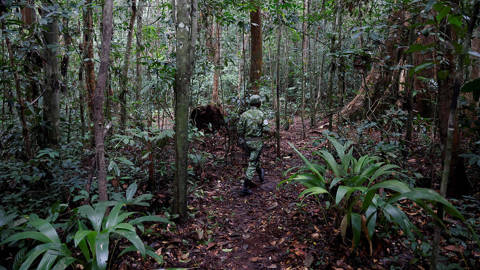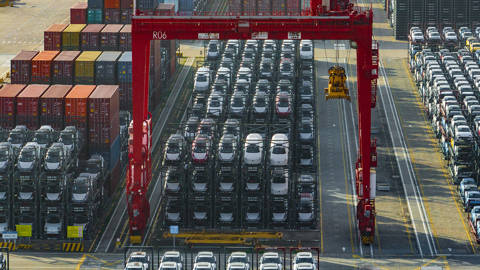Renewing Europe
A wholehearted yes to a project of renewing European ideals and connection with citizens. But leave competition policy alone - it’s been a great success and many in the US point to it as an exemplar.
Diane Coyle, Professor of Public Policy at the University of Cambridge, is the author, most recently, of Cogs and Monsters: What Economics Is, and What It Should Be (Princeton University Press, 2021).
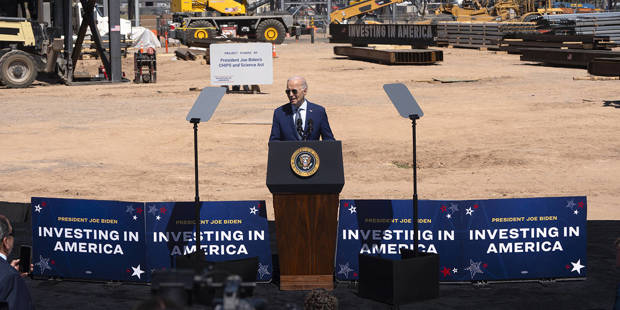
Dec 10, 2024 Diane Coyle thinks governments need to rebuild capacities they abandoned decades ago.

Oct 22, 2024 Diane Coyle advocates a new public philosophy that rejects viewing “government” and “market” as opposites, explains why time-use data must shape technological development, warns that policymakers are devising AI regulation in a thick conceptual fog, and more.

Aug 26, 2024 Diane Coyle explains why transformative technologies may not translate into measurable economic benefits.

Jun 28, 2024 Diane Coyle explains why, instead of simplifying daily life, technological innovation is making it more burdensome.
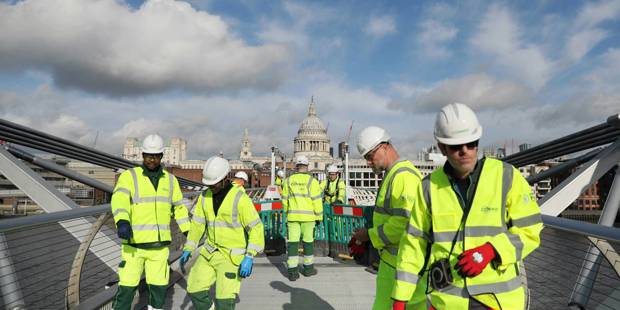
Apr 19, 2024 Diane Coyle explains why a broader conception of the term could reflect a renewed interest in investing in the future.



